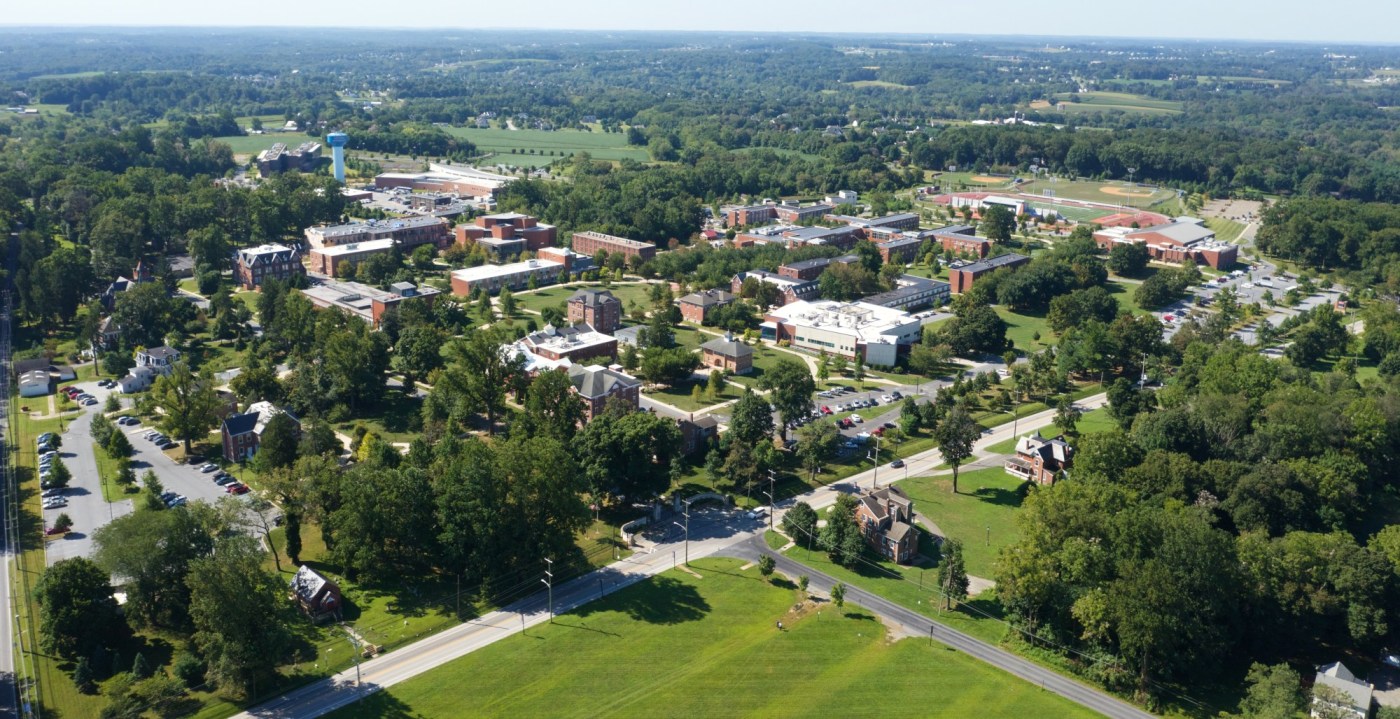URGENT UPDATE: The U.S. economy is on the brink of potential chaos as it grapples with soaring interest rates and the disruptive force of artificial intelligence (AI). Analysts warn that these challenges could lead to a “zombie economy” similar to Japan’s experience, where unprofitable firms survive solely on cheap debt.
Just reported, the U.S. is seeing long-term bond rates rise sharply, following trends established during the COVID-19 pandemic. This shift means consumers are facing higher costs for mortgages and loans, while businesses struggle to manage escalating expenses. The implications are dire: a sustained period of high interest rates could cripple many firms, pushing them towards bankruptcy.
Officials, including President Donald Trump and Treasury Secretary Scott Bessent, are already hinting at potential measures to lower these long-term rates, despite the risks involved. Their discussions come amid growing concerns that the U.S. might resort to strategies like quantitative easing or other forms of financial repression to artificially keep rates down.
“If the Japanese experience isn’t an adequate warning, the U.S. risks creating a zombie economy,” warns economist Allison Schrager, a senior fellow at the Manhattan Institute.
Japan’s history serves as a cautionary tale. Following its economic boom in the 1980s, the country maintained low interest rates to stimulate growth, resulting in a plethora of “zombie companies”—businesses that are unable to sustain profitability but persist due to easy access to debt. This phenomenon has led to significant economic stagnation, which many fear could become a reality in the U.S. if current trends continue.
The Federal Reserve has been cautious, recognizing the long-term costs associated with manipulating interest rates. However, as AI continues to reshape the job market, the need for accessible capital may push policymakers toward risky financial strategies. AI could enhance productivity and wealth, but it also threatens job security, as some positions may vanish entirely or never materialize.
Should the U.S. adopt policies reminiscent of Japan’s, the economy could see a rise in unviable businesses that stifle innovation and growth. The call for immediate action to curb long-term rates is growing, but the consequences of such interventions could be far-reaching, as seen in Japan.
As the situation unfolds, the U.S. must carefully weigh the potential short-term benefits against the long-term repercussions of creating a financial environment that supports failing companies. The ongoing discussions among government leaders signal a critical junction for the U.S. economy.
Stay tuned for updates on this developing story as economic leaders weigh their options in the face of unprecedented challenges. The future of the U.S. economy hangs in the balance as it navigates the treacherous waters of rising interest rates and technological disruption.







